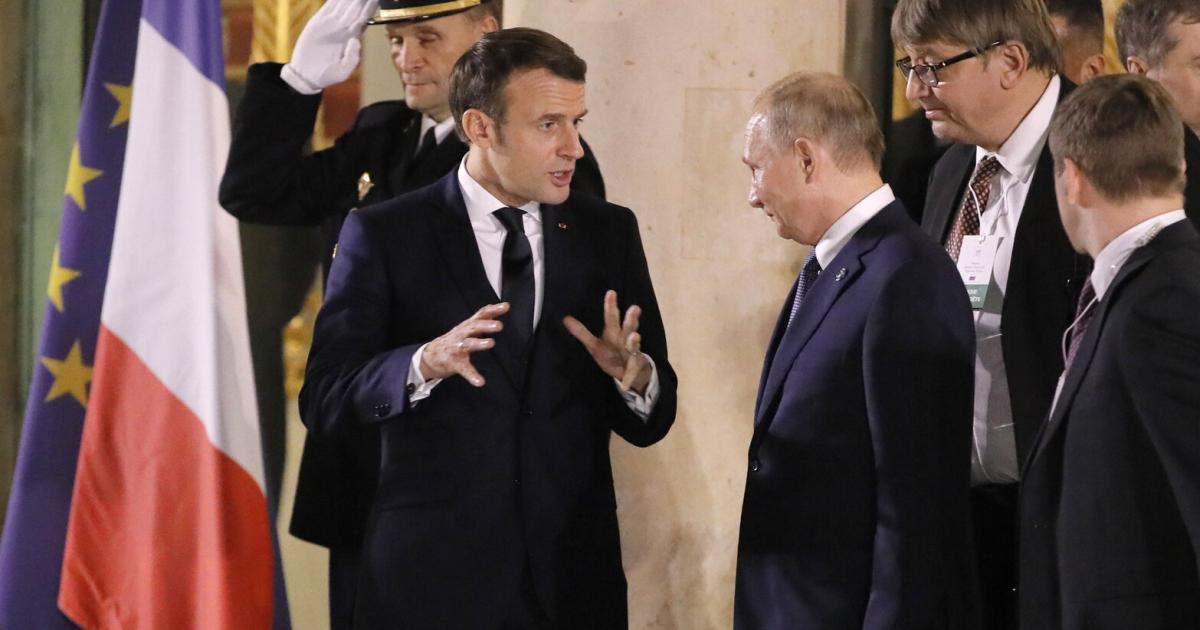On June 6, 1944, 156,000 Allied soldiers stormed the Wehrmacht positions in Normandy, leading to the eventual capitulation of the Third Reich less than a year later. As the eightieth anniversary approaches, there are calls for Russia to acknowledge the significant commitment and sacrifices of the Soviet people during World War II. Over 27 million Soviet citizens lost their lives during the war, including 8.7 million soldiers, highlighting their contribution to the victory in 1945.
Despite this, Russian President Vladimir Putin will not be attending a commemoration ceremony in Normandy for the occasion due to France’s decision not to invite him. This decision has been made due to Russia’s ongoing war of aggression against Ukraine and their disregard for international norms and laws.
Annually, events commemorating D-Day take place in Normandy with international commemorative events held every five years to mark the anniversaries. In 2014, Putin was invited to attend a ceremony for the seventy-year anniversary even after Russia’s annexation of Crimea. At that time, French President Francois Hollande emphasized the importance of acknowledging Russia’s contributions during World War II and recognized their significant role in defeating Nazi Germany.
However, relations between France and Russia have deteriorated since then due to French President Emmanuel Macron adopting a tougher stance against Kremlin aggression. Although Macron has expressed willingness to support Ukraine through diplomatic channels and sanctions imposed by EU countries like France have led to economic losses for Russia, it remains uncertain how much his rhetoric will translate into concrete actions on behalf of Ukraine.
Russian officials have yet to receive an invitation from France for this upcoming commemoration event as tensions continue between both countries over issues such as Syria intervention by Russian troops and human rights violations committed by Russian authorities in Chechnya and other regions within its borders. The decision not to invite Putin reflects France’s growing unease with Russia’s authoritarian regime and its disregard for democracy and human rights standards globally.
In conclusion, despite ongoing conflict between France and Russia over various issues such as Syria intervention by Russian troops and human rights violations committed by Russian authorities in Chechnya among others; calls are growing louder for Russia’s acknowledgment of Soviet Union’s significant commitment and sacrifices during World War II.



